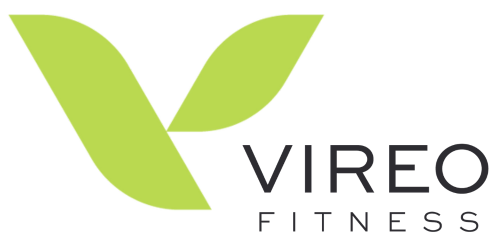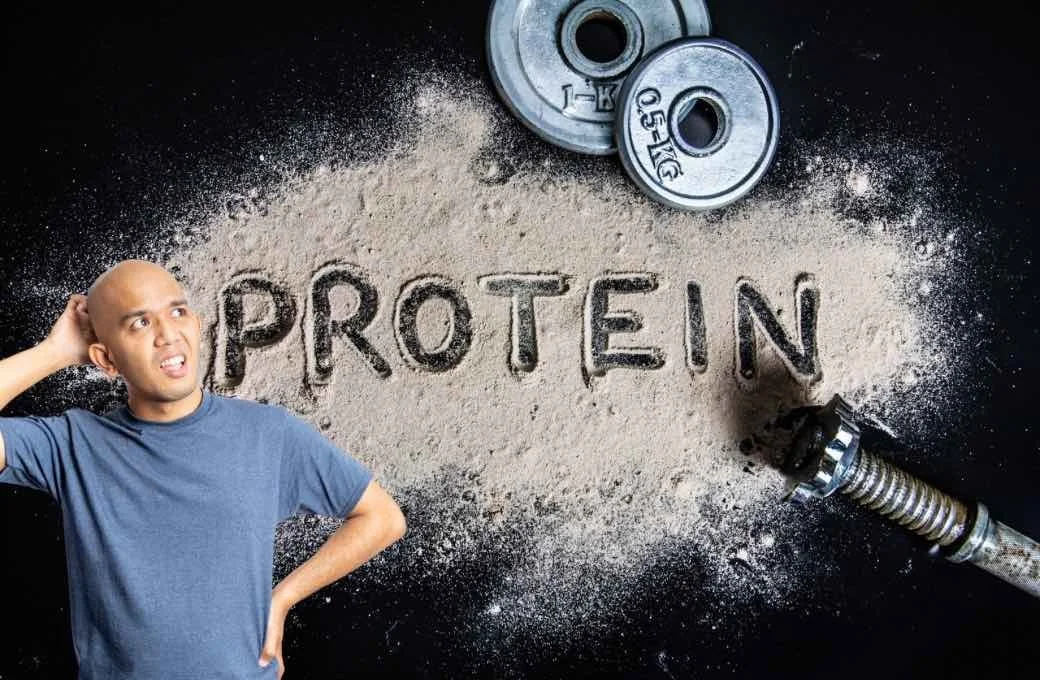Dude, What About Protein?!
Authored by Kyle Golden (October 4, 2023)
Many guys believe that getting enough protein on a plant-based diet isn’t possible. However, it is important to realize that there are numerous plant-based, vegan protein sources that can easily fulfill all your protein needs. After all, many herbivore animals get all the protein and essential amino acids they need from plants, think gorillas, elephants, bison, and many more. By incorporating diverse vegan sources for protein into your diet, you can easily meet your protein goals while enjoying the benefits of a plant-based lifestyle.
How Much Protein Do You Need?
Protein is an essential nutrient for human adults. It plays a crucial role in various bodily functions, including muscle growth and repair, hormone production, and immune system function. Of course many factors can determine how much protein you should need like age, sex, and activity level.
In general, the recommended protein intake for an adult is about 0.8 grams of protein per kilogram of body weight (or about 0.36 grams per pound). However, individual protein needs may differ based on personal factors and health goals. Some specialists and personal trainers might recommend getting about 1 gram of protein per pound of body weight if someone is looking to put on muscle mass.
But you don’t need animal protein to meet your needs! Let’s explore the best vegan protein sources you can include as part of your well-planned vegetarian or vegan diet.
Legumes
Legumes, such as lentils, are an excellent source of plant protein. They not only provide a good amount of protein but also offer fiber and other essential nutrients. Lentils, in particular, are a nutritional powerhouse, containing approximately 18 grams of protein per cup when cooked. This makes them a popular choice for those following a plant-based diet who want to meet their protein goals while enjoying a variety of delicious meals. Incorporating legumes into your diet is a great way to ensure you are getting the protein you need while reaping the benefits of a plant-based lifestyle.
Soy
Soy-based products like tofu, tempeh, and soy milk are versatile and can be used in various dishes. They are excellent sources of complete protein and provide all your essential amino acids. When it comes to cooked soybeans, they contain approximately 29 grams of protein per cup. This makes them a valuable protein source for individuals following a plant-based diet, as they not only offer substantial protein content but also contribute to a well-rounded and nutritious meal plan.
There is a common myth that consuming soy-based products will increase a man's estrogen levels. However, this is a myth and not supported by scientific evidence. Many studies have studied the relationship between soy consumption and hormone levels in men, and the results consistently show that consuming moderate amounts of soy does not lead to an increase in estrogen levels. The majority of scientific evidence suggests that soy consumption is safe and can be part of a healthy and balanced diet for both men and women.
Seitan
Seitan is a plant-based protein source made from vital wheat gluten. It is highly nutritious and provides a substantial amount of protein for individuals following a plant-based diet. Seitan contains approximately 52 grams of protein per cup. Seitan is also low in fat and has no cholesterol. With its meaty texture and versatility, seitan can be used in various dishes as a delicious and nutrient-dense alternative to animal-based proteins.
Nuts and Seeds
Nuts and seeds are important vegan protein sources. They provide not only plant-based proteins but also healthy fats and essential vitamins and minerals. Almonds, walnuts, chia seeds, hemp seeds, and nut butter are just some of the many options. For example, almonds are packed with nutrients and make for a convenient and satisfying snack with about 6 grams of protein in just a small handful. Incorporating a variety of nuts and seeds into your vegan diet can help you meet your protein needs while enjoying their delicious flavors and benefiting from their nutritional profile.
Protein Powders
If you are worried about complete proteins, plant-based protein supplements are another popular option for increasing protein intake on a plant-based or vegan diet. They are derived from various plant sources and come in different types, each with its own unique benefits. One common type is pea protein powder, which is made from yellow split peas. It is highly digestible and rich in essential amino acids, particularly lysine, which is often limited in plant-based diets.
Another popular option is hemp protein powder, made from hemp seeds. It provides a good balance of essential fatty acids, fiber, and minerals, in addition to protein. Rice protein powder, derived from brown rice, is hypoallergenic and easily digestible, making it suitable for individuals with food sensitivities.
There are many types of protein supplements on the market. Choosing the right one for you based on your needs and tastes is important. Compare the ingredients and nutrition labels to make sure you are making the best choice for your diet,
Other Plant-Based Proteins
These are only some of the plant-based, vegan protein options out there. So many other tasty, protein-rich foods are at the store ready for you to try. Here is a small fraction of what you can find: nutritional yeast, pea milk, meat substitutes, brown rice, cooked quinoa, and whole grains.
What About Complete Proteins?
The human body needs to get nine essential amino acids from food. Those essential animo acids are: Histidine, Isoleucine, Leucine, Lysine, Methionine, Phenylalanine, Threonine, Tryptophan, and Valine. The good news is that plant-based foods can provide all the essential amino acids necessary for human health.
While it is true that many plant sources are incomplete proteins, meaning they may not contain all the essential amino acids in the same proportions as animal-based proteins, consuming a variety of plant foods can ensure that you obtain all the amino acids you need. By combining different plant proteins throughout the day, such as legumes, grains, nuts, and seeds, you can easily meet your essential amino acid requirements.
Tips for Getting More Protein Into Your Plant-Based Meals
Sprinkle nutritional yeast on your pasta and marinara sauce.
Toss seitan in with a veggie jambalaya.
Add chia seeds and soy milk to your favorite smoothie recipe.
Top your salad with pumpkin seeds and flax seeds.
Make a curry with kidney beans and serve over brown rice.
Grill tandoori marinated tofu and serve with roasted brussels sprouts
The possibilities are endless. Mix it up, find new recipes, and most importantly, have fun exploring ways to make your plant-based diet full of protein and flavor.
(Consider this article as general information on health, fitness, and lifestyle. Always consult your physician or health care provider before making significant changes to your diet or lifestyle. This article should not be considered advice or a substitute for advice from your physician or other qualified health care provider.)
Hi, I’m Kyle Golden,
Founder and Coach at Vireo Fitness. For over 16 years I have helped hundreds of clients just like you find their path to better health. Get in touch today and find out how I can help you embrace a better lifestyle and realize your full potential!










